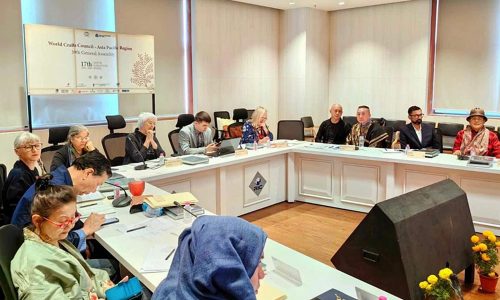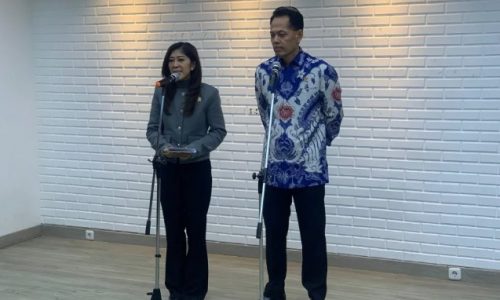The 2024 General Elections are being criticized as a significant regression for women’s representation, largely due to the Election Commission’s (KPU) handling of the affirmative policy requiring a minimum of 30 percent female legislative candidates.
This issue was highlighted by Wahidah Suaib, a former member of the Election Supervisory Board (Bawaslu) from 2008-2012, during a discussion on the “Evaluation of the 2024 Elections: Distortion of Women’s Representation and Increased Violence Against Women by Election Organizers” held in Jakarta on Monday, July 1, 2024.
Wahidah pointed out that previous KPU members, including Hadar Nafis Gumay and Ida Budianti, had strengthened regulations to ensure women’s representation by imposing sanctions on political parties. However, the current KPU has reversed these efforts.
“This is an extraordinary setback for women’s representation. The previous regulations were very strong, and now suddenly, they have drastically declined,” Wahidah said.
For the 2024 Legislative Elections, the KPU issued Regulation No. 10/2023 regarding candidacy, particularly Article 8, paragraph (2), point (a), which stipulates that if the decimal fraction of the 30 percent female candidate quota is less than 50, it should be rounded down.
This regulation has been opposed by election and women’s rights activists as it potentially reduces the representation of female candidates. They have challenged the KPU’s decision through various channels, including the Supreme Court (MA), the Election Organizer Ethics Council (DKPP), and the Bawaslu.
The Supreme Court granted a judicial review of Article 8, paragraph (2) of KPU Regulation No. 10/2023, restoring the rounding up of decimal fractions for women’s representation. Meanwhile, the DKPP issued a severe warning to KPU Chairman Hasyim Asy’ari and warnings to six other KPU commissioners.
Additionally, Bawaslu ordered the KPU to correct the 267 permanent candidate lists (DCT) for the 2024 House of Representatives elections, as they did not meet the 30 percent female candidate requirement. However, the KPU has not followed through on either the Supreme Court’s or Bawaslu’s rulings.
The KPU is also facing a lawsuit regarding women’s representation in the Constitutional Court (MK) over the 2024 Legislative Election Results Dispute (PHPU). The lawsuit was filed by the Prosperous Justice Party (PKS), challenging the candidate lists of several political parties in Gorontalo’s sixth electoral district for not meeting the female representation requirement.
The Constitutional Court ruled in favor of PKS, ordering the KPU to conduct a re-vote in the district on July 13, 2024. Wahidah warned that similar lawsuits could lead to re-votes in other regions.
“This is a comprehensive scandal that has disadvantaged women, due to the declining compliance of political parties with the female representation requirement and the KPU’s diminishing adherence,” she said.
Bawaslu Chairman Rahmat Bagja echoed these concerns, stating that widespread re-votes could occur if electoral participants from districts failing to meet the 30 percent female candidate quota file lawsuits with the Constitutional Court.
“This could result in the most extensive re-vote in Indonesia’s history if many women file lawsuits with the Constitutional Court. It would be the largest reflection in our election history,” Bagja said.









